A competition to design small, efficient neural models may provide new insight into real brains—and perhaps unite disparate modeling efforts.
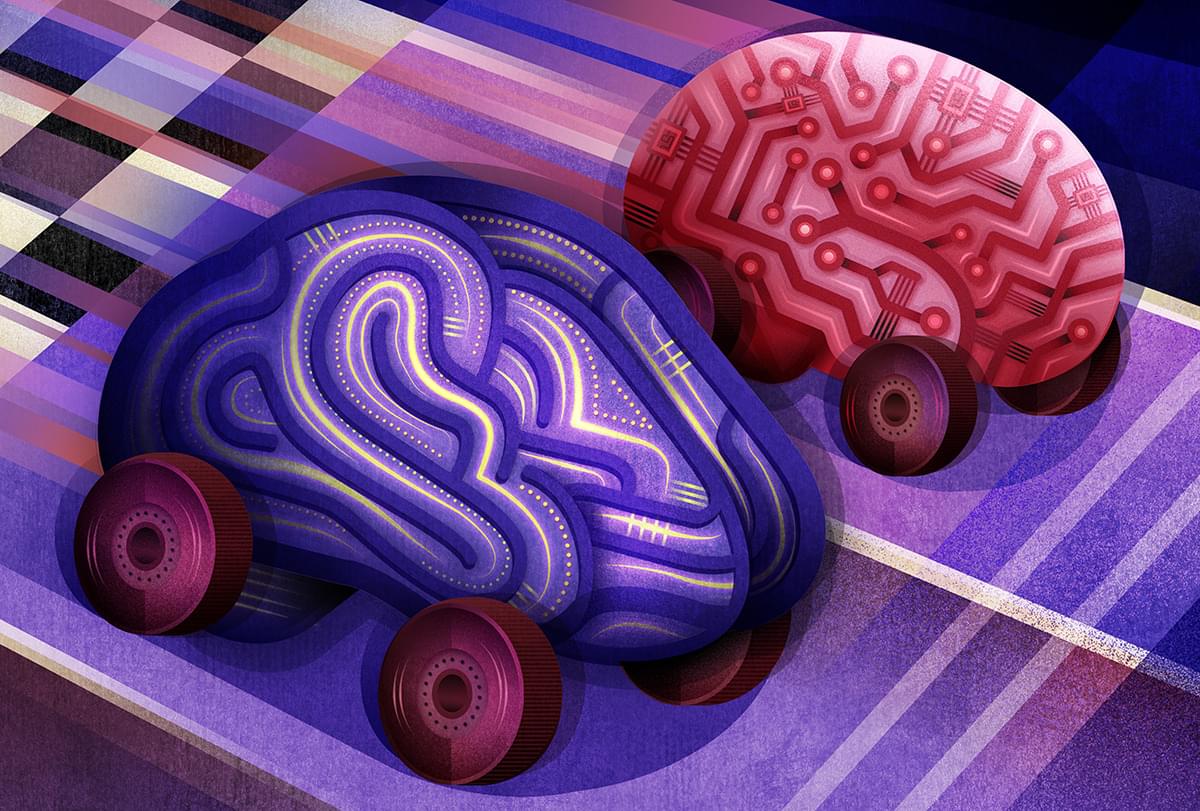


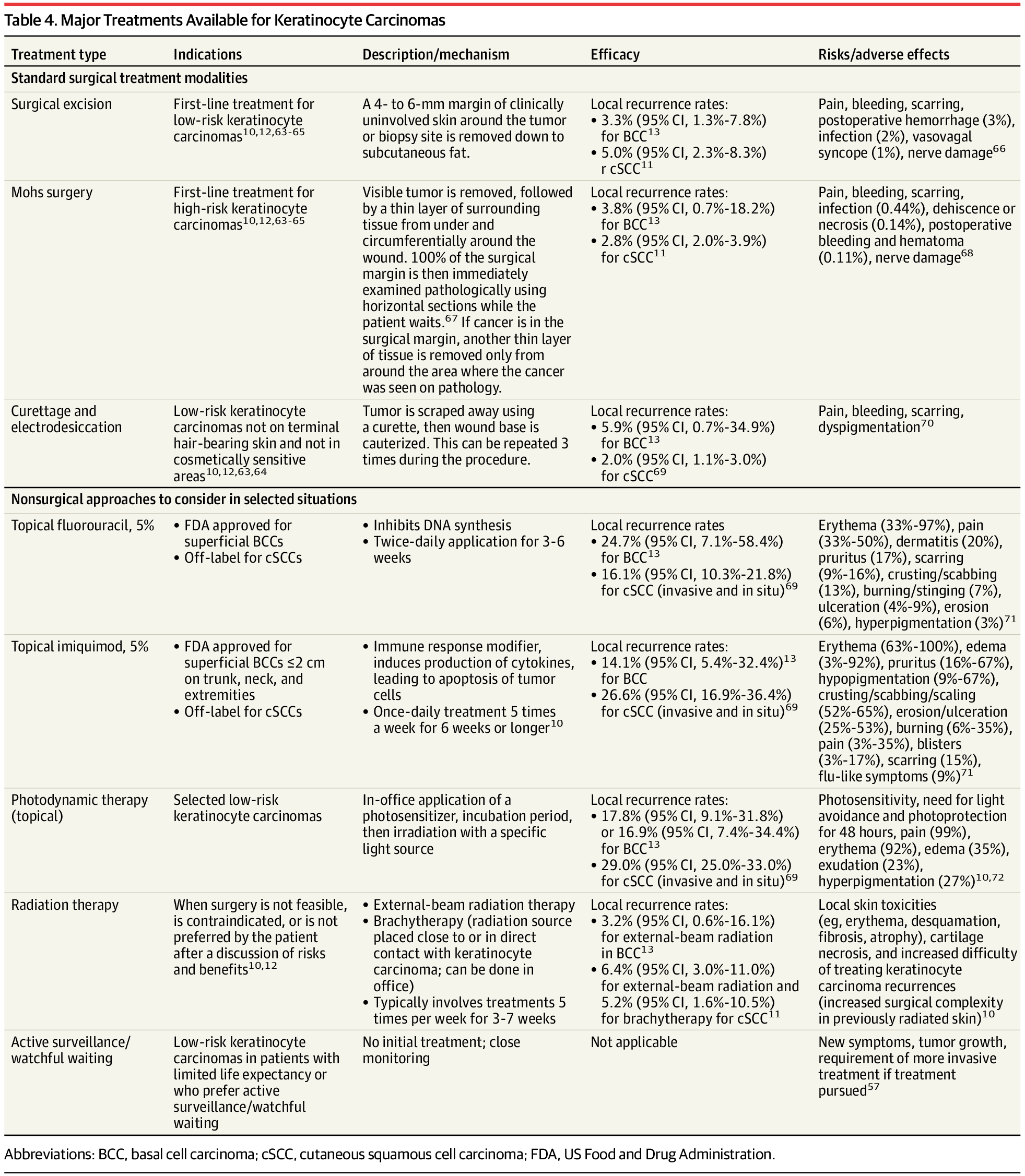

New: Alexandra Prado-Mantilla, Terry Lechler et al. develop a mouse line to allow cell type–specific, rapid, and reversible degradation of GFP-tagged proteins.
Prado-Mantilla et al. develop a mouse line to allow cell type–specific, rapid, and reversible degradation of GFP-tagged proteins. Using this line, they dem.
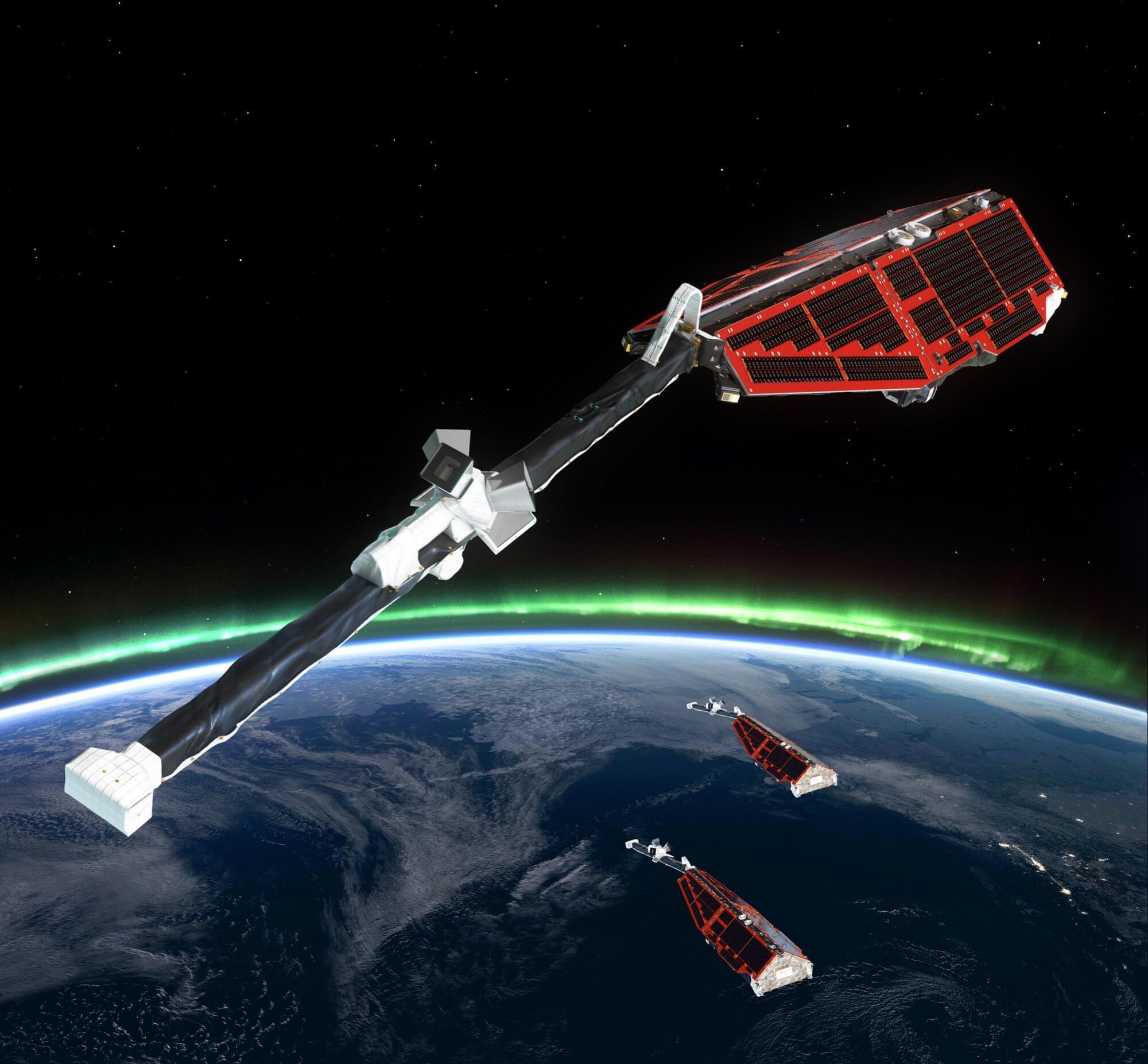
Join AMD Chair and Chief Executive Officer, Dr. Lisa Su, for her keynote at CES 2026, the most powerful technology event in the world. Dr. Su returns to the CES stage in Las Vegas to highlight, alongside partners and customers, the AMD vision for delivering future AI solutions – from cloud to enterprise, edge and devices.
Discover more: https://www.amd.com/en/corporate/even… Subscribe: https://bit.ly/Subscribe_to_AMD Join the AMD Gaming Discord Server: / discord Visit the AMD Gaming Community Website: https://www.amdgaming.com/ Like us on Facebook: https://bit.ly/AMD_on_Facebook Follow us on Twitter: https://bit.ly/AMD_On_Twitter Follow us on Twitch:
/ amd Follow us on LinkedIn: https://bit.ly/AMD_on_Linkedin Follow us on Instagram: https://bit.ly/AMD_on_Instagram ©2025 Advanced Micro Devices, Inc. AMD, the AMD Arrow Logo, and combinations thereof are trademarks of Advanced Micro Devices, Inc. in the United States and other jurisdictions. Other names are for informational purposes only and may be trademarks of their respective owners.
Subscribe: https://bit.ly/Subscribe_to_AMD
Join the AMD Gaming Discord Server: / discord.
Visit the AMD Gaming Community Website: https://www.amdgaming.com/
Like us on Facebook: https://bit.ly/AMD_on_Facebook.
Follow us on Twitter: https://bit.ly/AMD_On_Twitter.
Follow us on Twitch: / amd.
Follow us on LinkedIn: https://bit.ly/AMD_on_Linkedin.
Follow us on Instagram: https://bit.ly/AMD_on_Instagram.
©2025 Advanced Micro Devices, Inc. AMD, the AMD Arrow Logo, and combinations thereof are trademarks of Advanced Micro Devices, Inc. in the United States and other jurisdictions. Other names are for informational purposes only and may be trademarks of their respective owners.
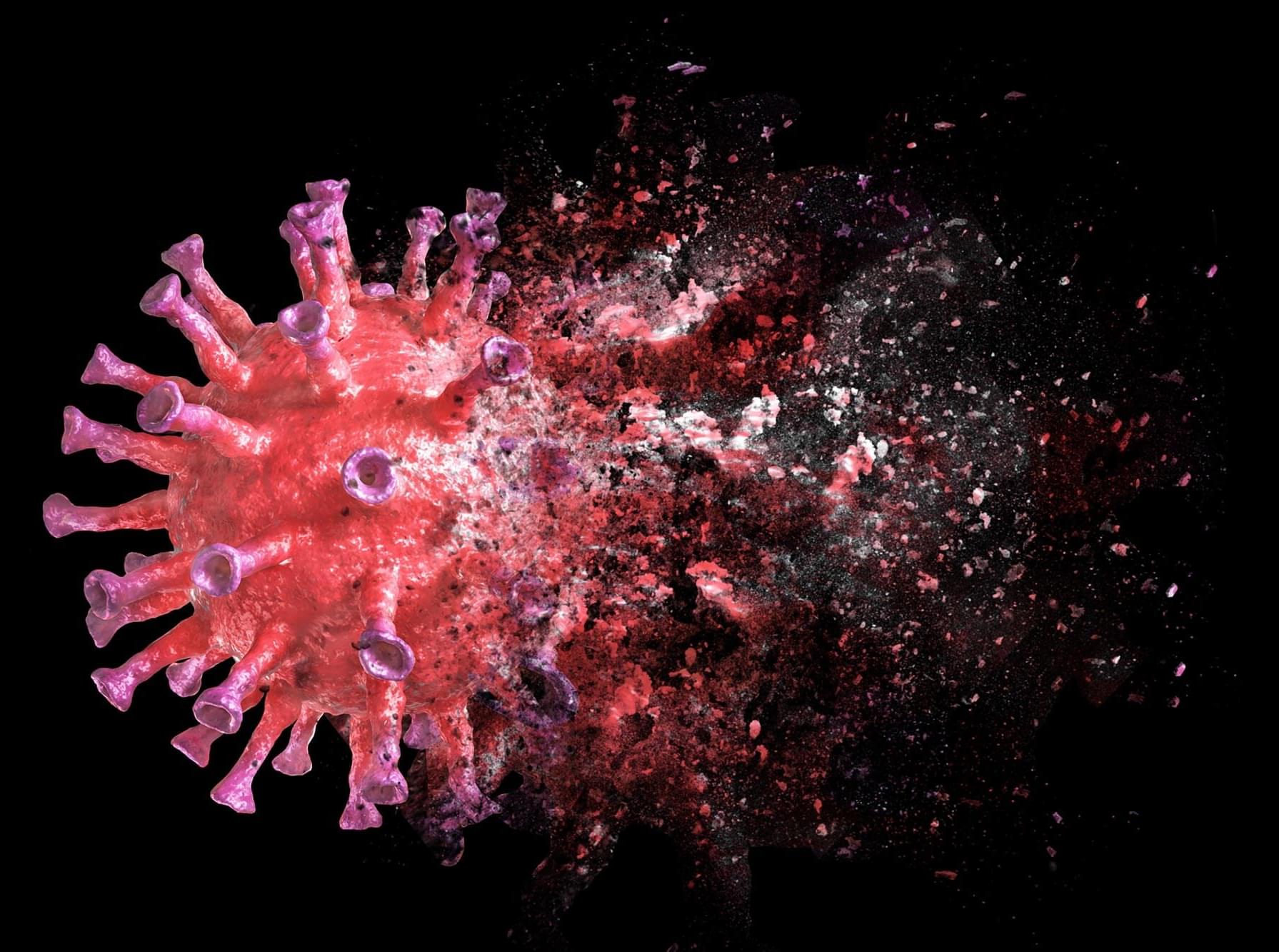
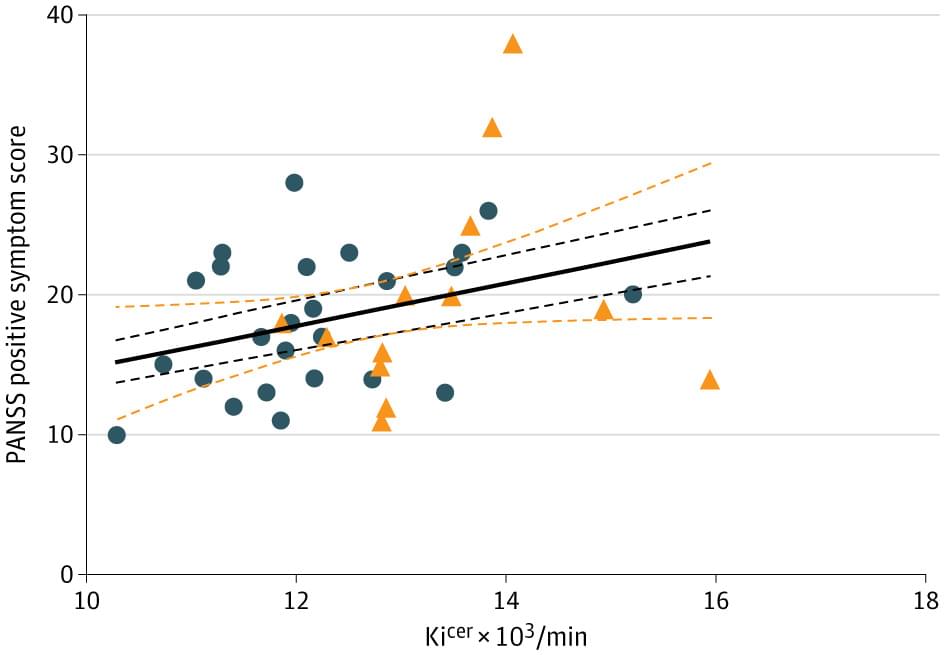
Dopamine synthesis capacity is reduced in psychosis with depression compared to mixed/mania syndromes, while positive psychotic symptoms correlate with higher dopamine synthesis in the associative striatum.
Importance There is limited neurobiological or trial evidence guiding treatment of comorbid affective syndromes in psychotic disorders. Given the use of dopamine-blocking antipsychotics, understanding dopamine function across these mood states is warranted.
Objective To test for differences in dopamine synthesis capacity (Kicer) between affective syndromes across psychotic disorders and for association with psychotic symptom severity.
Design, Setting, and Participants In this cross-sectional study using fluorine F 18–labeled fluorodopa (18 F-DOPA) positron emission tomography (PET), individuals with first-episode psychosis and comorbid affective syndromes, including a current major depressive episode (MDE) or mixed/mania syndromes, and matched controls were recruited from early intervention services in inner-city London, United Kingdom. Data were collected from March 2013 to February 2022 and analyzed from October 1, 2023, to January 1, 2025.

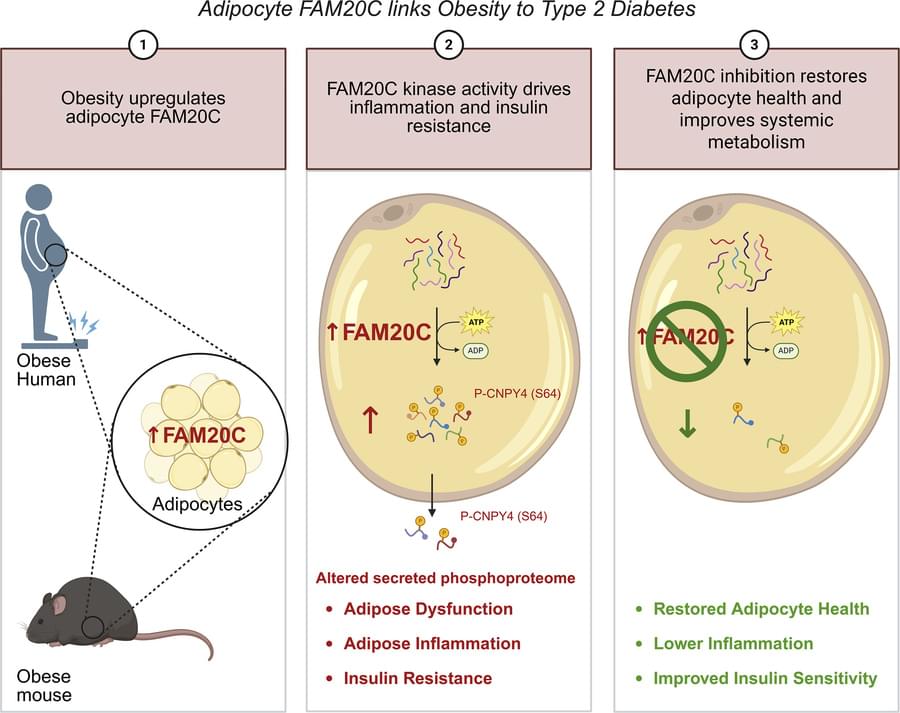
Here, James C. Lo & team identify FAM20C as a key mediator of obesity-induced adipocyte dysfunction and inflammation, suggesting its inhibition as a potential therapy for Type2 Diabetes:
The figure shows visceral white adipose tissue in mice with adipocyte-specific deletion of Fam20c shifts shows lower macrophage area compared with controls.
1Division of Cardiology, Department of Medicine, Weill Center for Metabolic Health, Cardiovascular Research Institute, and.
2Department of Medicine, Weill Cornell Medicine, New York, New York, USA.
3Helmholtz Institute for Metabolic, Obesity, and Vascular Research, Helmholtz Center Munich, University of Leipzig and University Hospital Leipzig, Leipzig, Germany.